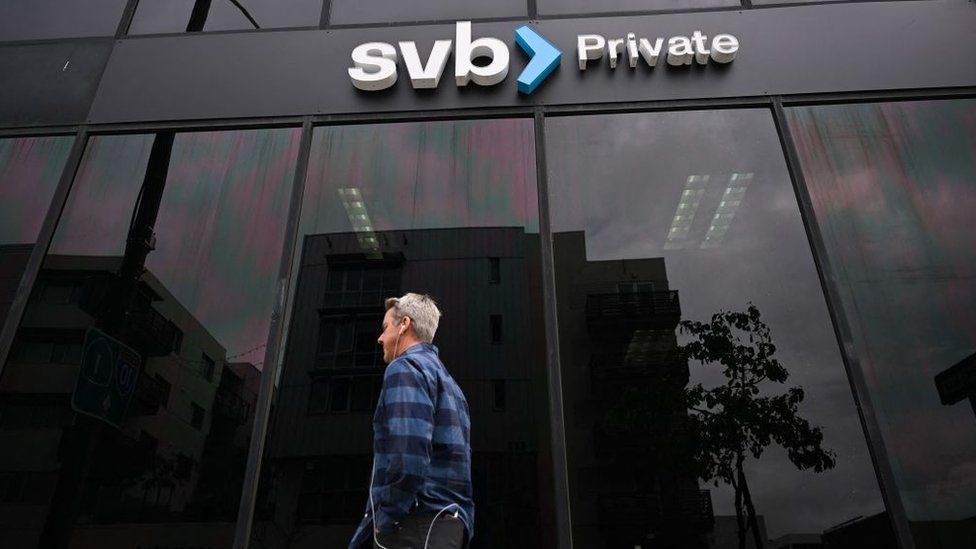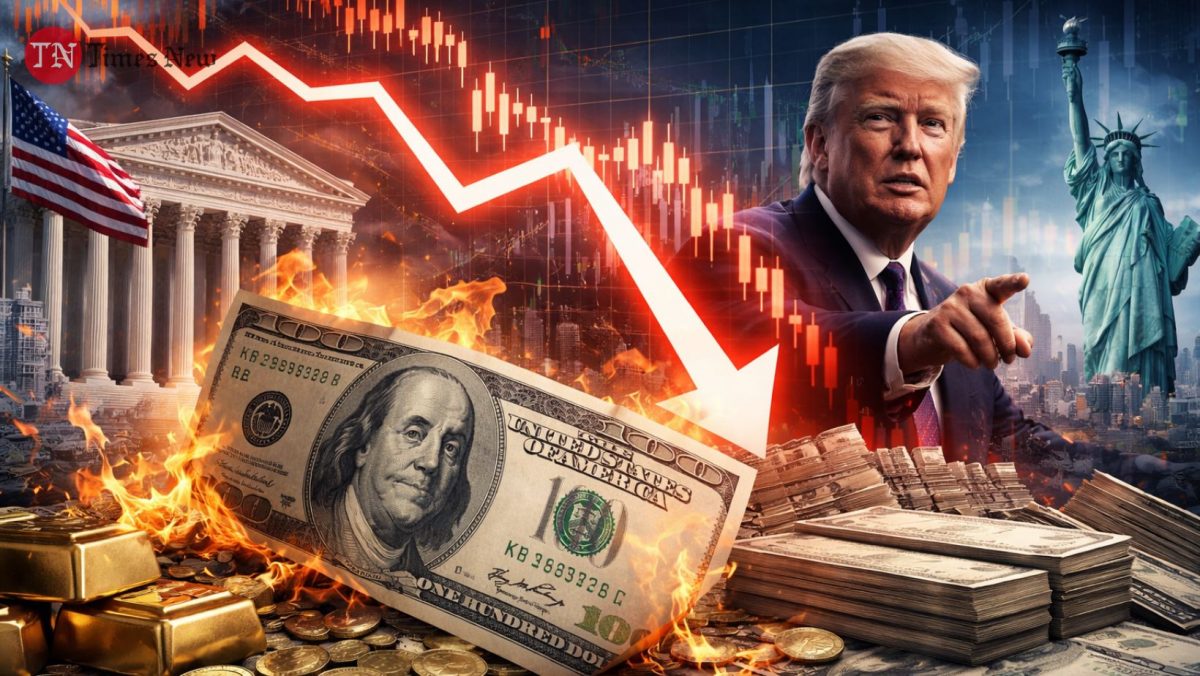
The Federal Reserve has admitted to not taking strong enough action in overseeing Silicon Valley Bank, which collapsed last month and caused concerns about the banking industry. The Federal Reserve’s investigation found that regulatory standards were too low and supervision lacked urgency, and that risks to the wider system had been missed.
The review has prompted calls for the Federal Reserve to toughen its rules and strengthen its supervision and regulation. Additionally, another US lender, First Republic, is reportedly in trouble, and US regulators are said to be working on a potential rescue for the struggling firm.
Chairman Jerome Powell of the Federal Reserve has welcomed the report and its recommendations for improving the rules and supervisory practices of the banking industry. He believes that these changes will lead to a stronger and more resilient banking system. Three reports were published by US officials on Friday, detailing regulatory lapses that contributed to the failures of SVB and Signature Bank last month.
Both banks served business customers and ran into trouble after the Federal Reserve raised interest rates sharply last year, leading to customer withdrawals. SVB’s announcement that it needed to raise funds caused panic and a large amount of money was withdrawn overnight, leading to regulatory intervention.
Following the collapse of Silicon Valley Bank, fears spread to other firms including Signature Bank and First Republic, which suffered $100bn in outflows last month. The Government Accountability Office found that the banks were felled by a combination of risky strategies and weak risk management, and officials were slow to take action. The Federal Reserve’s review of the episode found that SVB was “uniquely vulnerable” due to managerial weaknesses, a concentrated business model, and reliance on uninsured deposits, but also faulted regulators for failing to appreciate the increased risks and for acting too slowly.
The report also stated that the Fed’s decision to take a looser approach to oversight of small and mid-size banks, in response to a law Congress passed in 2018, was a key part of the problem. The report highlighted changes in culture and expectations from internal discussions and observed behavior that changed how supervision was executed. The vice chair for supervision, Michael Barr, was appointed by President Joe Biden in 2022, and many of the changes discussed in the report occurred under his predecessor appointed by Donald Trump.
Picture Courtesy: Google/images are subject to copyright









